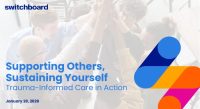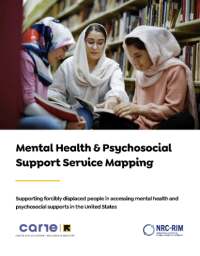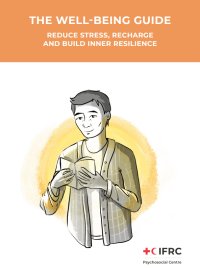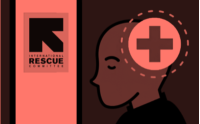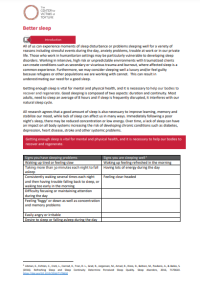Webinar Overview Resettlement work is deeply meaningful and impactful, but it comes with challenges such as complex client needs, evolving organizational dynamics, and difficulties sustaining personal well-being. This workshop offers trauma-informed strategies to help staff recognize and manage compassion fatigue while maintaining healthy professional boundaries. This session will include discussions using real-world scenarios that will…

